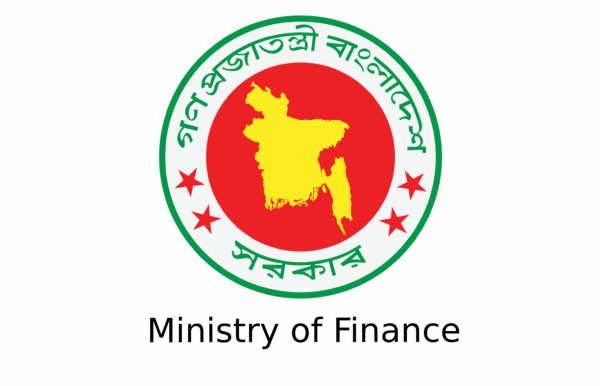Finance Division launches Internal Audit Unit for financial transparency
- Update Time : Friday, January 17, 2025

UNB
The Finance Division has formed an independent Internal Audit Unit to minimise financial risks and ensure proper management within government institutions in Bangladesh, said Finance Division Secretary Md Khairuzzaman Mozumder.
Recognising the importance of internal auditing, this initiative will become fully operational starting next week, he said while speaking as the chief guest at a programme today (17 January), according to a press release.
Addressing a stakeholder consultation workshop titled “Internal Auditing Journey in the Public Sector,” the secretary said that financial management is not solely the responsibility of the Ministry of Finance; all government spending entities are involved in the process.
Consequently, the Ministry of Finance is piloting internal auditing in five high-expenditure departments: the Directorate of Primary Education, Roads and Highways Department, Public Works Department, the Local Government Engineering Department, and the Directorate General of Health Services.
This initiative is expected to have a long-term impact, with plans to gradually expand its reach to other government entities, he said.
The workshop’s inaugural session was presided over by Shirajun Noor Chowdhury, additional secretary, Budget and Expenditure Management, Finance Division.
Also present as special guests were Md Abdul Hakim, Director General of the Directorate of Primary Education; Syed Moinul Hasan, Chief Engineer of the Roads and Highways Department; Md Shafiqul Islam, Additional Chief Engineer of the Public Works Department; Bilquis Jahan Rimi, Additional Secretary (Budget-1) and National Programme Director of the Strengthening Public Financial Management Programme to Enable Service Delivery (SPFMS); and Munshi Abdul Ahad, Additional Secretary, Finance Division, who delivered the vote of thanks.
Shirajun Noor Chowdhury highlighted the critical role of internal audits in establishing internal controls and ensuring transparency and accountability in financial management.
Md Shafiqul Islam underscored the need to digitise the system while enhancing user skills, particularly among vendors. Abdul Hakim stressed the importance of institutional capacity building for the effective implementation of internal audits.
Bilquis Jahan Rimi described internal audit management as the “third eye” of financial management, ensuring adherence to government regulations. She noted that the initiative has begun with the five high-expenditure departments and will be gradually extended to other government institutions.
During the inaugural session, presentations on various aspects of internal auditing were delivered by Mohammad Azad Sallal, Joint Secretary, Finance Division; Md Rafiqul Islam, Joint Secretary and Programme Executive and Coordinator, SPFMS; and Mohammad Shawkat Ullah, Deputy Secretary, Finance Division.
The presentations emphasised the necessity of establishing an independent Internal Audit Unit (IAU) and developing a standardised organogram for reporting lines.
Additionally, recommendations were made to form internal audit committees within ministries and divisions to address audit observations on a priority basis, in line with a risk-based internal audit manual.















